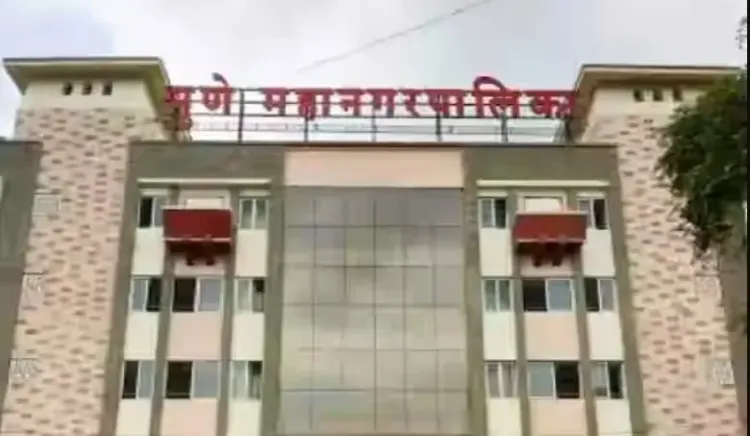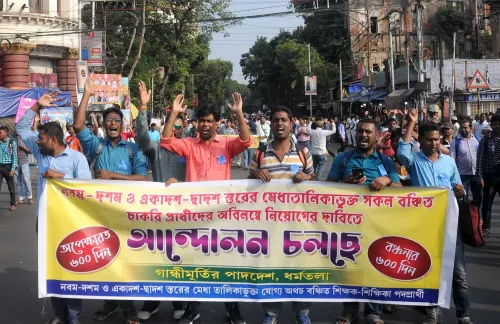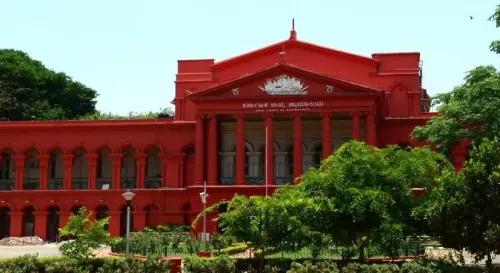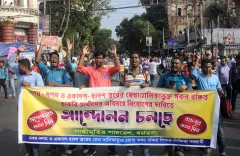Surge in GBS Cases: Pune Municipal Corporation Enforces Stringent Guidelines for RO Projects

Synopsis
Key Takeaways
- Pune Municipal Corporation implements strict regulations for RO projects.
- 55 RO projects were closed due to contamination.
- Mandatory registration and certification for RO systems.
- Regular testing of water by health authorities.
- GBS has led to nine deaths in Pune since January 5.
Mumbai, Feb 18 (NationPress) With the death toll from Guillain-Barre Syndrome (GBS) reaching nine, the Pune Municipal Corporation has implemented strict regulations governing the operation of private reverse osmosis (RO) projects within its jurisdiction.
A total of 55 such projects were shut down after tests indicated that the water supplied was contaminated. Most of these plants are located on Sinhgad Road, Kirkatwadi, and other nearby areas in Pune city, where GBS cases have been on the rise. RO projects utilize advanced physical membrane technology designed to eliminate impurities from water, delivering purified water.
According to the new regulations, it is mandatory for every RO project to register with the PMC. They must obtain a certificate from the original manufacturer or maintenance organization confirming that their RO system is suitable. Additionally, a certificate is required to verify that the water has been treated according to the World Health Organisation's IS 10,500 standards.
Moreover, the State Public Health Laboratory and PMC will conduct frequent water tests to ensure its safety for consumption and will provide reports for necessary actions. Health officials from the relevant regional office are responsible for collecting and testing water samples from RO projects. If inspections find the water unfit for drinking, those projects will face closure. Projects utilizing Pune Municipal Corporation water will be charged at a non-domestic rate based on the meter.
This move by the PMC follows the tragic death of a 34-year-old man from Wagholi at Sassoon General Hospital on Saturday, bringing the GBS death toll in Pune city to nine since the outbreak began on January 5.
PMC sources stated that the man was admitted after experiencing tingling sensations in his limbs, which quickly escalated to weakness. By February 8, he had lost strength in his neck, respiratory, and facial muscles and never regained it.
The city of Nagpur, Maharashtra's second capital, also reported a GBS-related death; an 8-year-old boy succumbed on February 10 after being admitted to Government Medical College and Hospital on January 16. This raises the GBS death toll in Nagpur to two and in Maharashtra to 17.
In light of this situation, the PMC's actions are vital as Deputy Chief Minister Ajit Pawar, Medical Education Minister Hasan Mushrif, and Public Health Minister Prakash Abitkar have repeatedly indicated that the primary cause of GBS is linked to consuming contaminated water and stale food.
Meanwhile, Union Minister of State for AYUSH Pratap Jadhav suggested on Monday in Buldhana that travel restrictions might be implemented in affected areas if the disease is determined to be contagious.









